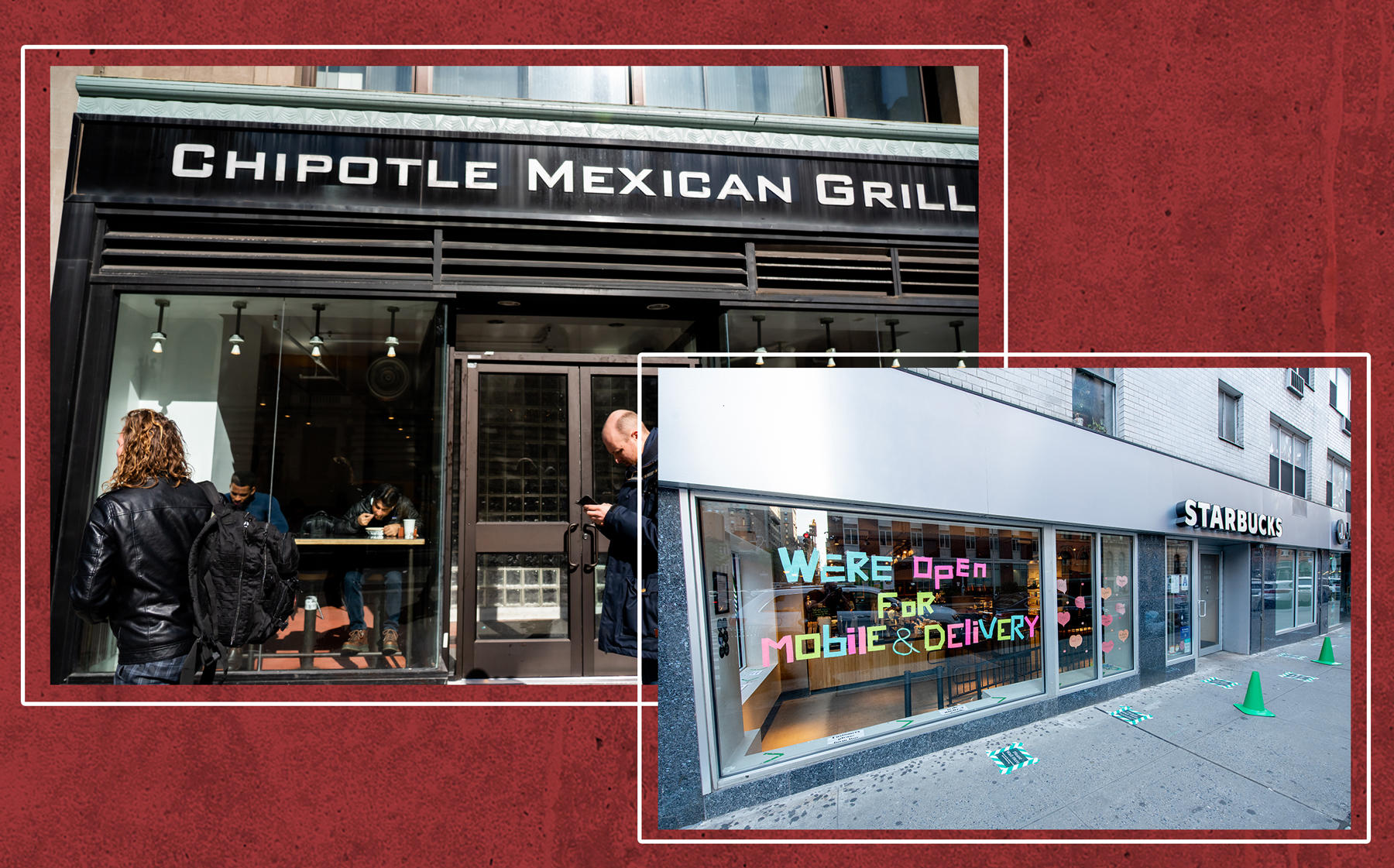As coronavirus closed stores across the country in March and April, many landlords proved willing to work with tenants and defer rent payments to a later date. Reducing rent outright, however, is another story.
According to accounting rules, deferred rent can still be booked as income, whereas reduced rents are treated differently, the Wall Street Journal reported. Rent reductions can also impact property values and the landlord’s ability to get loans.
“We are not offering forgiveness,” NewMark Merrill CEO Sandy Sigal, whose firm owns over 70 shopping centers in California, Illinois and Colorado, told the Journal. “We understand the situation and are doing our best.”
But that hasn’t stopped restaurant and cafe tenants — including large publicly traded companies like Starbucks and Chipotle — from making such requests. Even as the economy begins to reopen, many operators say social distancing rules will require them to modify operations and cut costs.
“Starbucks will require concessions to support modified operations and adjustments to lease terms and base rent structures, so we can withstand this uncertainty together,” a Starbucks executive wrote to landlords in a May 5 letter.
“We are a strong tenant with significant growth ahead of us, and we expect our landlords will partner with us during this difficult time period,” Chipotle CFO Jack Hartung told investors last month.
NewMark Merrill’s Sigal says he offered percentage rent to some tenants instead of deferral, although no tenants have taken up the offer yet. [WSJ] — Kevin Sun
